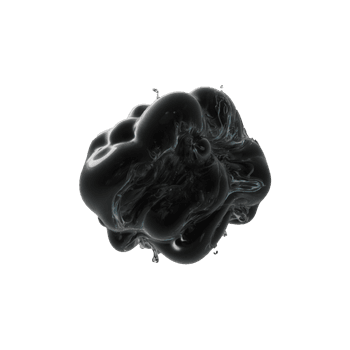What is testosterone and what is its role in the body?
Testosterone is a steroid hormone produced in the testicles of men and the ovaries of women, although women's levels are much lower than men's. Testosterone is essential for male reproductive function and also plays a role in muscle building and bone health. It is also a factor in sexual desire and sperm production.
In adult men, testosterone levels are highest in early adulthood and gradually decrease with age. This can lead to problems with sexual health, muscle mass and bone health.
Why should I test my testosterone level?
Testing testosterone levels an important part of health screening for men, especially if they are experiencing symptoms that may be related to low testosterone levels. Determining testosterone levels can help identify the cause of symptoms, increase health awareness, prevent health problems and improve quality of life.
But what affects testosterone production?
There are a number of factors that can affect your testosterone production and sometimes there can be more than one factor causing disturbances. Here we cover some common factors:
- Age: Testosterone production naturally decreases with age. This can lead to you experiencing reduced sexual desire, less muscle mass and reduced bone health.
- Obesity: Obesity can lead to increased production of the hormone estrogen, also known as the female sex hormone, which in turn can inhibit testosterone production.
- Alcohol: Drinking too much alcohol can inhibit testosterone production.
- Stress: Chronic stress can increase the production of cortisol, which can also help inhibit testosterone production.
- Sleep: Sleeping well and living with regular sleep is good for your overall health. Lack of sleep can also inhibit testosterone production.
Damage to the testicles or pituitary gland can lead to reduced testosterone production.
What symptoms can I experience with low testosterone?
Low testosterone levels can cause a variety of symptoms. Here are some of the most common:
- Decreased sexual desire and erectile problems
- Reduced muscle mass and strength
- Increased body fat
- Fatigue and reduced energy
- Depression and mood swings
- Reduced bone mass and risk of osteoporosis
How to deal with problems with testosterone production?
There are several ways to deal with problems with testosterone production, depending on the cause of the problem and the degree of testosterone deficiency. Here are some common treatments:
Hormone therapy: Hormone therapy with testosterone can be used to raise testosterone levels in men with low levels. Hormone treatment can be administered in different ways, for example through injections, skin patches or gel. However, hormone therapy is not suitable for all men, and there are certain risks and side effects that should be discussed with a doctor.
Lifestyle changes: Lifestyle changes can help increase testosterone levels in men with mild testosterone deficiency. Especially important is maintaining a healthy weight, exercising regularly and getting enough sleep. Even dietary changes, such as increasing the intake of protein and healthy fats, can help increase testosterone levels.
Treatment of underlying diseases: If the testosterone deficiency is caused by an underlying disease, such as hypothyroidism or diabetes, treatment of these diseases can help increase testosterone levels.
Testosterone replacement therapy: Testosterone replacement therapy (TRT) is another form of hormone therapy that can be used to raise testosterone levels. TRT is usually used for men with hypogonadism, a condition in which the testicles do not produce enough testosterone. TRT can also be used to treat other diseases that cause testosterone deficiency.
Supplements: Certain supplements, such as vitamin D, zinc and magnesium, can help increase testosterone levels. However, there is not enough research to support the use of dietary supplements to treat testosterone deficiency.
In summary, testosterone deficiency can be treated with hormone therapy, lifestyle changes, treatment of underlying diseases, testosterone replacement therapy or dietary supplements. It is important to discuss treatment options with a doctor to determine the most appropriate treatment plan.























